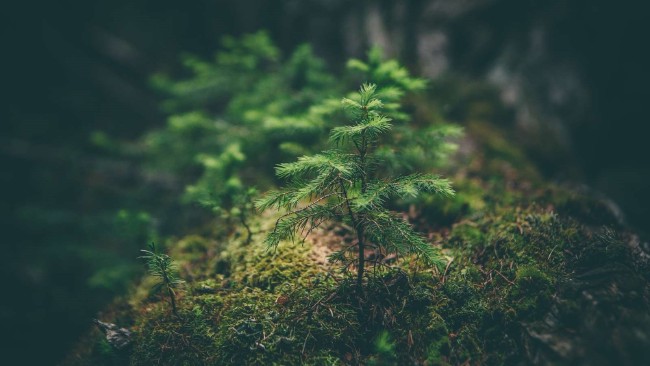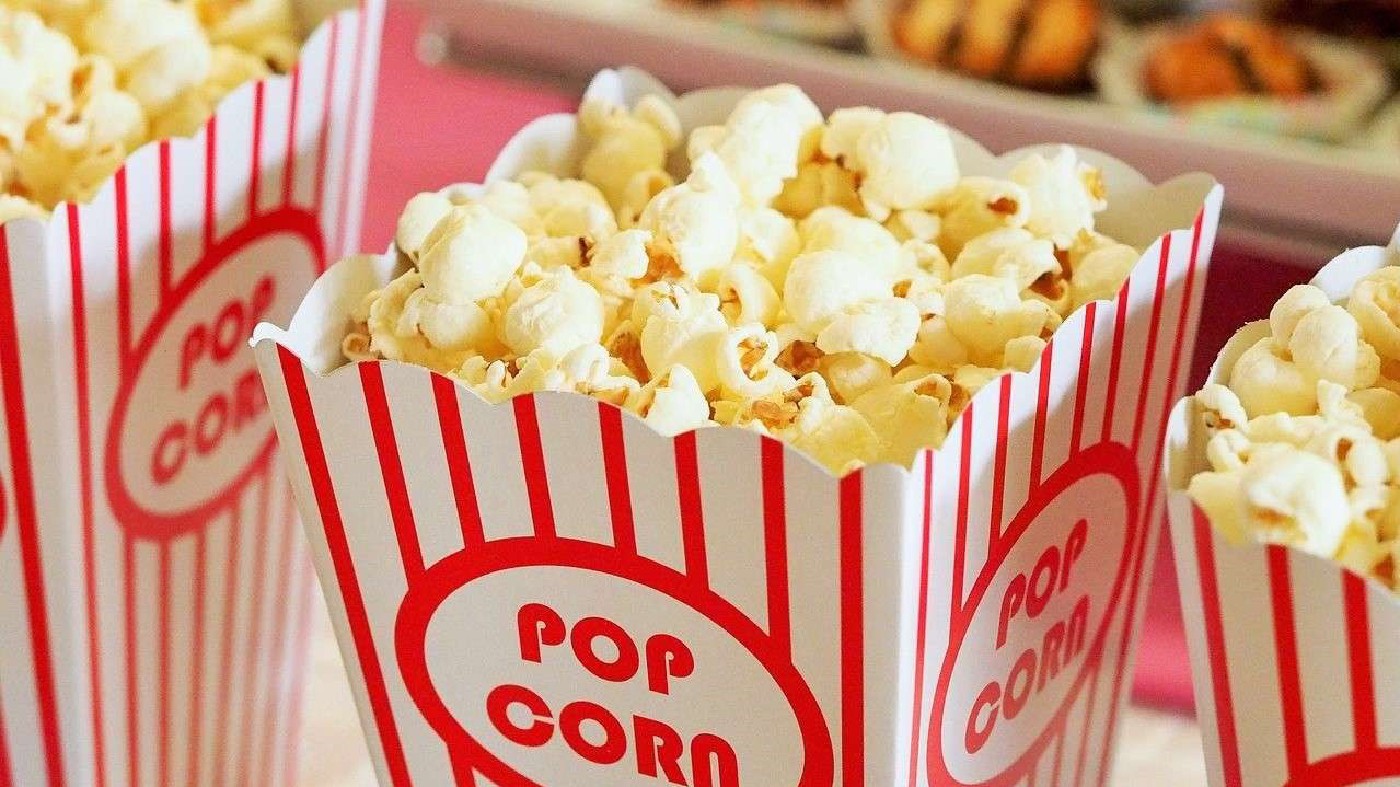
🌽 Using Popcorn as Shipping Material and Extracting Lithium from Seawater
Did you know? Companies with a social purpose outperform profit-only ones by 134% in the stock market 📈💰
Bienvenue to our newsletter 👋 This week again, we read all the Internet to find the most uplifting social impact stories. Happy reading!
🌽 The Packing Peanuts Made Out of Popcorn
While enjoying a bucket of popcorn at his favourite movie theatre, Alireza Kharazipour, a researcher at the University of Göttingen, had a flash of genius: replacing polystyrene-based packing peanuts with popcorn!
To make his packing popcorns, Alireza took inedible byproducts of cornflakes production and filled them with steam to give them a peanut shape. Actually, his technique allows him to create any form he wants to protect champagne bottles, 60 inches TVs or anything else – the sky’s the limit.
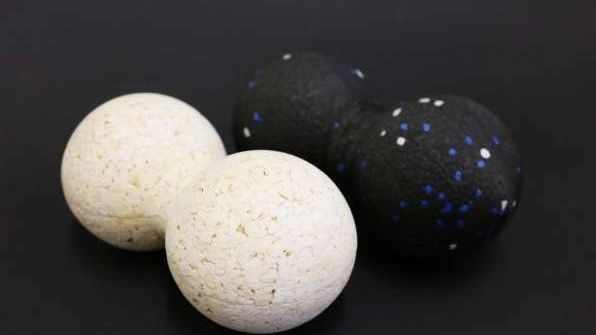
Standard polystyrene requires fossil fuel extraction and takes centuries to break down into harmful micro-plastic. And, most of the recycling facilities do not even accept processing it. But, on the other hand, this popcorn-based packing material is entirely biodegradable and can even be reused to create more packing popcorns.
The University of Göttingen already collaborates with Nordgetreide, a grain and cereal company, to make popcorn packing for commercial use. Hopefully, others will follow their lead to make a dent in the million tons of polystyrene produced each year.
🌊 The System That Turns Seawater Into Lithium
Okay, hang on to your hats because this one literally blew our minds 🤯
With the current surge in demand for electric vehicles, battery manufacturers will require a lot of lithium. The good news is that the researchers at KAUST found a way to extract it from seawater… for free!
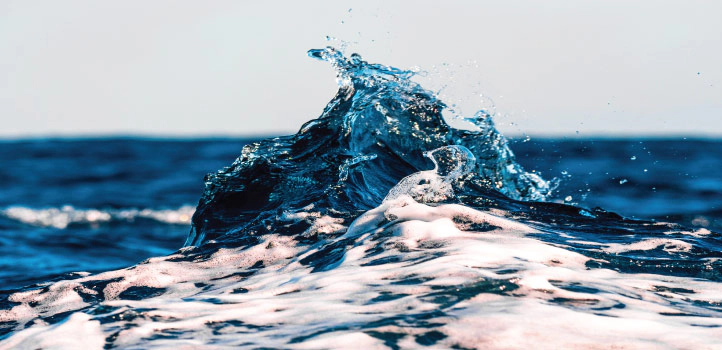
The oceans contain 5,000 times more lithium than the land, but its extremely low concentration has made its extraction unviable until now.
The researchers designed an electrochemical cell containing a membrane that is just wide enough to let lithium ions pass through while blocking larger metal ions. Then, by introducing an electrical current into the solution and repeating the process several times, they can retrieve a lithium solution pure enough to be used in battery manufacturing.
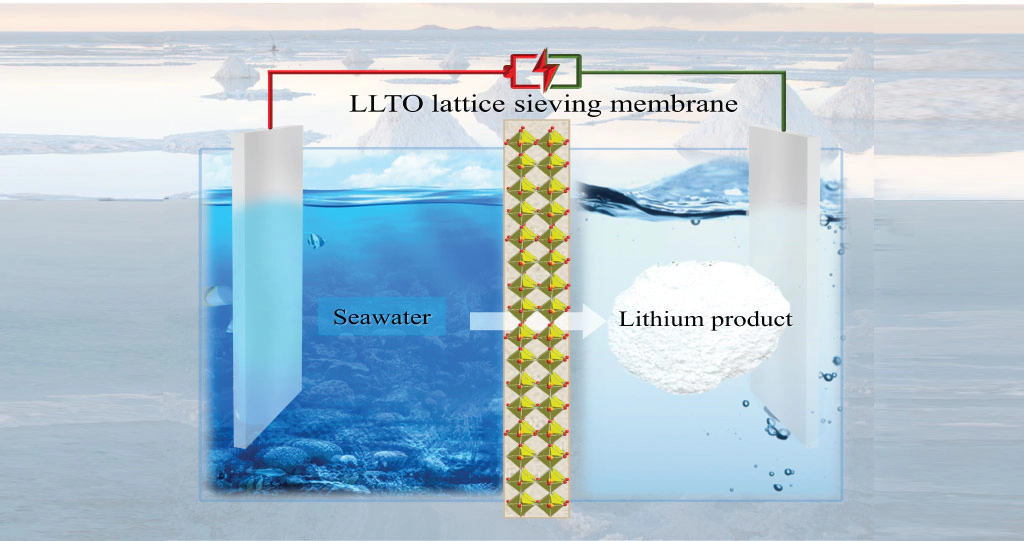
The whole process costs only $5 of electricity to extract 1kg of lithium (for reference, a typical car battery contains 10kg of lithium).
That’s not even the best part!
As a byproduct of extracting the lithium, the system also produces hydrogen and chlorine, whose value more than offsets the cost of extraction… making the lithium effectively free.
Not to mention it avoids the drawbacks mining can have, such as impacting biodiversity and local communities.
Is it over yet? Of course not.
The residual seawater can finally be used in desalination plants to provide freshwater 💧
Science rocks.
🌍 Meanwhile, worldwide…
🥢 When eating sushi, we try not to spill soy sauce all over the place. Felix Böck also got inspired to create ChopValue, a Canadian company that recycles chopsticks to build beautiful homewares. So far, they have diverted more than 34 million chopsticks from the landfill!
💻 Tech giants joined forces and created the Green Software Foundation to reduce software’s environmental footprint. Their goal is to provide guidance and tools for building eco-friendly software 🌱
🙊 Mozilla (creator of Firefox) is working on an open-source platform to bring voice-integrated technologies to Africa. Indeed, the current main platforms (e.g. Siri, Google Home, Alexa) cannot communicate in any of the African languages. If you speak one of these languages, you can go to the Common Voice platform and “donate” your voice 💪
🐝 As Einstein (maybe) said, preserving bees is crucial for our future. In the Netherlands, the bee population remained steady in the past years, thanks to … wait for it … bee hotels, bee stops and a honey highway. Yay, Dutch people!
That’s a wrap. We hope you enjoyed it!
For any feedback, reach out and drop a comment here or on our social media platforms.
Thank you so much for your support 💗 Have an amazing week ahead.
Related Posts
🌱 Turning Face Masks Into Trees and Cleaning up the Ocean
Good morning 👋 Saturday was World Environment Day! For the occasion, we learned that we throw away 2.12 billion tons of waste every year and discovered fantastic initiatives trying to change that.
